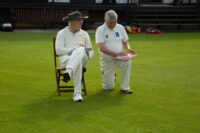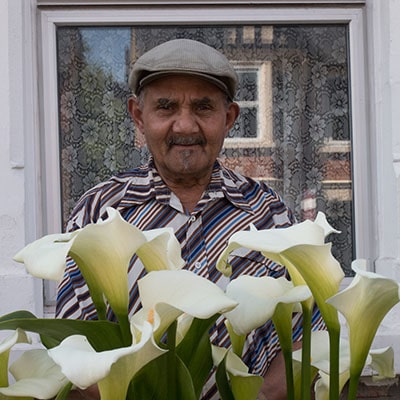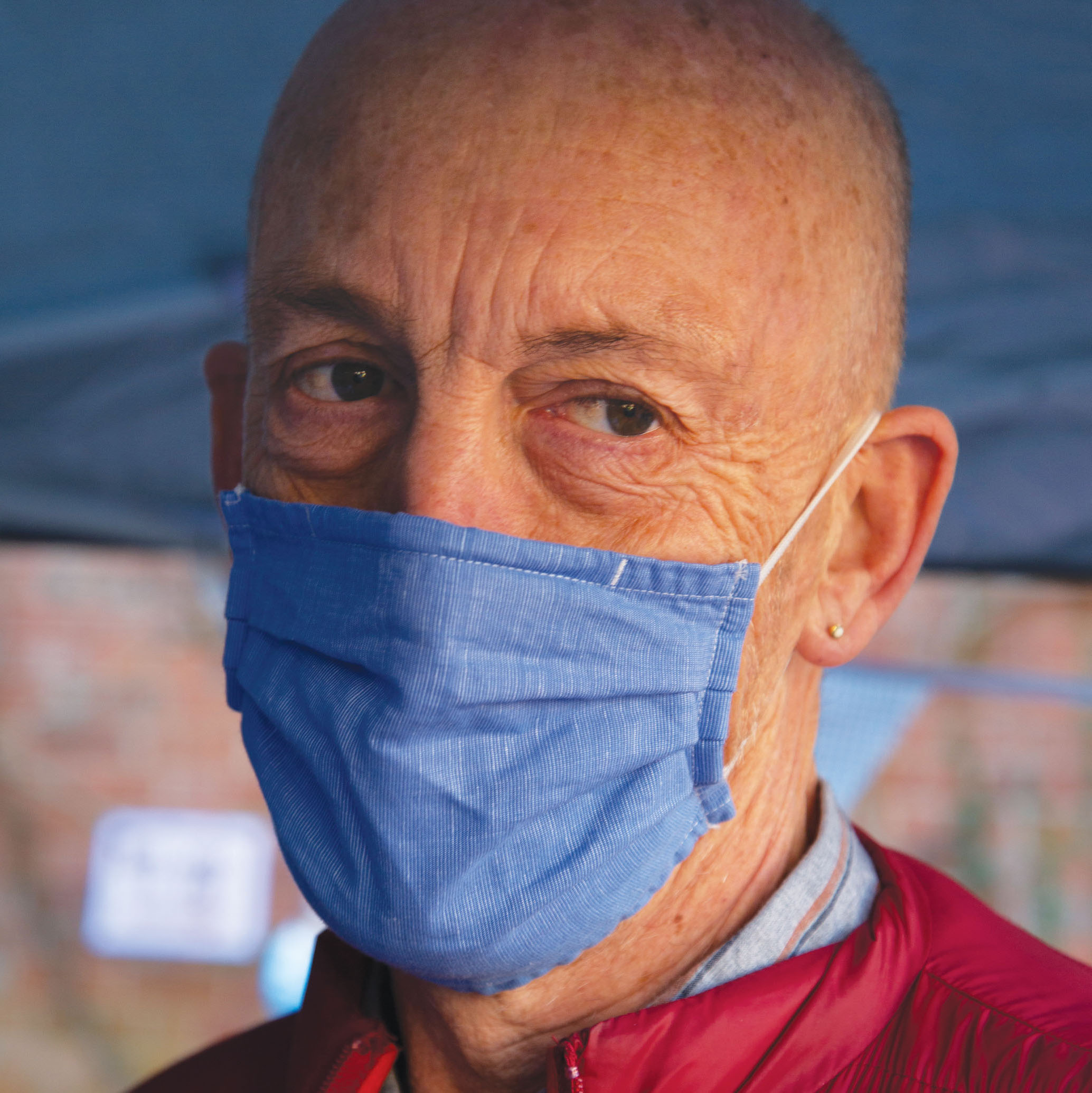Oxfordshire County Council Staff Cricket Club: a social history in microcosm
Nearly forty years ago Jeff Bishop and Paul Hoggett published a fascinating book entitled Organizing around enthusiasms: mutual aid in leisure (Comedia 1986) a study of the up till then, unexplored worlds of the hobby and the small club and the people that made them tick. This utterly charming centenary publication, Oxfordshire County Council Staff Cricket Club: Cebtenary Year 2023 (ed ) John Tuck celebrating one hundred years of the Oxfordshire County Council Staff Cricket Club, charts exactly what Bishop and Hoggett were talking about. The Club was founded in 1923 by County council staff as part of a series of sports clubs, which included tennis, hockey, and football.
The style of the booklet is at first somewhat off-putting. There are an awful lot of lists and tables, and hundreds of quite brief extracts from the minute books and fixture lists of the club; potentially pretty dry. But the tale they tell under chapter headings such as ‘colours, crests and caps’, ‘Friendly Cup’, ‘West country touring’ or ‘milestones’, draws the reader not only into a fascinating story of the club, but also a whole history of a slice of (mainly) rural life in the 20 Century. And it goes wider than that too, because it tells us about a locally connected workplace and the staff employed there, who gave their lives not just to public service but to a cricket club, and the camaraderie that that engendered.
The story starts as it means to go on. The first match was played on 16 June 1923 in the grounds of Headington Hill Hall, courtesy of Mrs Morrell of the famous Oxford brewing family. The visiting team was from Buckinghamshire county council. The return matches were played at Lady Leon’s estate, Bletchley Park. The President of the Club was predictably Lord Macclesfield, Conservative councillor and Chairman of the County Council for decades. These were the days when the distinction between Gentlemen and Players in cricket still ruled. County council staff would have been Players, but their patrons with their private cricket grounds, were definitely not.
The club thrived apart from a decade during and just after WW2, despite not having a home ground of its own. For over forty years the club used the Worcester College ground, and the relationship between the club and Oxford college cricket teams could be both productive and fraught. Right at the start it was decided that the club’s colours would be Royal Blue and Silver ‘’to avoid an embarrassing clash with an Oxford College’’ (Gentlemen of course) though these changed to the white and green of Oxfordshire county council colours in the early 1990s. Over time as well as fixtures with other county council staff teams, the club branched out to play village cricket teams all over the county – names redolent of another world; Blewbury & Upton, Brightwell-cum- Sotwell, Half Moon Cuxham, and Far from the MCC. The increasing diversity of Oxfordshire as a place is reflected in the makeup of the club itself. South Asian heritage players barely make an appearance in the 20 Century but the lists are revealing. By 2005 the names of the Captain, or those in the best bowler or batter of the season categories began to change, and by 2015 all of them of had South Asian links.
But it wasn’t all Oxfordshire-based and it wasn’t just a weekend activity either. There were ‘cricket weeks’ in the summer in the 1950s, and for thirty five years from 1970, a ‘West Country Tour’, a tradition that continues more episodically to this day, playing teams as varied as Avon & Somerset Police, and Goatacre – the former National Village Champions. All this speaks to a remarkable sense of community within the workplace and a sense of commitment to the club and what it stood for. There weren’t just the matches to be played, there were finances, fixtures, practices, nets and recruitment to be organised and sustained. The council itself had a pretty hands-off approach. There were no dedicated sports facilities for staff, unlike many county councils. For an organisation that for decades was by far the largest employer in the county, this didn’t speak well to their commitment to staff health and well-being. But that sense of self-managed mutuality combined with a bit of commercial sponsorship prevailed and club thrived – and continues to do so, despite the small but vital annual grant of just £865 a year being axed as a budget saving in 1995.
This tells us something about the wider context of this club and its history. A ‘reminiscences’ section consisting of short interviews with some of the key players sums up many of the important threads that run through the story: ‘I never thought we represented OCC but there was definitely a benefit inside the office and outside from players from different departments and different levels in the hierarchy playing together’ said one long time player. Another, Chair since 1990 David Young, (keen player, wicket keeper and in 1989, Captain) had a broader sense of the changing context that the club operated in: ‘The Bucks [County Council] matches used to be a free day off for the participants, but this was over by the 80s, when Local Government was under the screw post Thatcher!’ A gradual but accelerating diminution of the role of local government in its communities, a lessening of the sense that public service was something people committed to, (there is a remarkable sense of continuity over decades of key members who clearly grew old in council service and in cricketing heft) and a sub-text of participants becoming gradually more ‘time poor’ as working hours became longer and modern communications blurred the boundaries between work and leisure, putting pressure on players ability to participate regularly.
None of this is new, but this enormously informative booklet on the centenary of a council cricket club is a social history in microcosm, both celebrating much that is good and quirkily English in organising around this particular enthusiasm (there is a glorious story of explaining to confused German tourists what the game that they had happened upon on the Worcester College ground was), while shining an unforgiving light on some of the less welcome shifts that society as a whole has experienced over the decades.
This review first appeared in the Oxfordshire Local History Association Journal August 2024.

